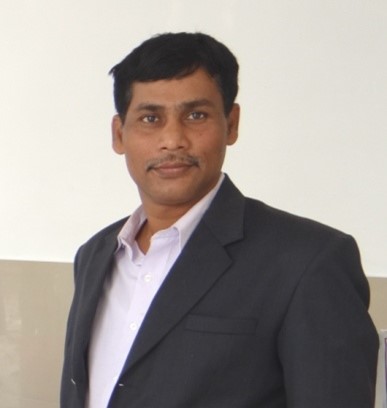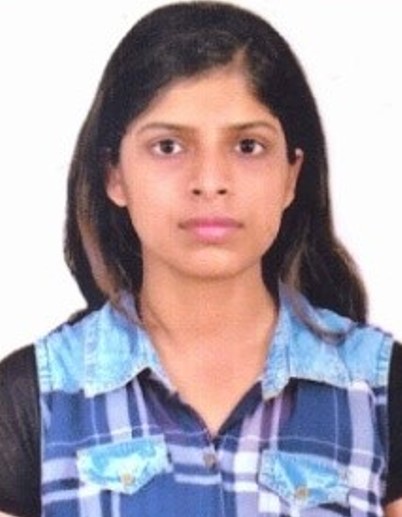“Fluorescent Schiff base sensors as a versatile tool for metal ion detection: strategies, mechanistic insights, and applications”
Materials Advances publishes review articles on topics across materials science, which are open access and free to read. To celebrate our excellent review articles, we asked the authors of some of our most well-received review articles to discuss their work in more detail.
In this post, we share insights from our interview with the authors of the recently published Materials Advances review “Fluorescent Schiff base sensors as a versatile tool for metal ion detection: strategies, mechanistic insights, and applications”.
Insights from the authors of a highly cited Materials Advances review article
What aspect of your research are you most excited about at the moment?
“The exciting aspects of fluorescence Schiff base research lie in its potential applications, such as in sensing and imaging. Understanding how these compounds interact with different environments or molecules opens up opportunities for advancements in various fields, from medicine to materials science. Additionally, exploring novel synthesis methods and improving the efficiency of fluorescence can contribute to the development of innovative technologies.”
What do you find most challenging about your research?
“Fluorescence Schiff base research, while exciting, also presents certain challenges. Some common challenges include:
(i) Synthesis complexity
(ii) Interference from environmental factors such as pH, temperature, and the presence of other organic or inorganic species.
(iii) The real-world application of these techniques often involves complex sample matrices, like biological fluids or environmental samples, which introduces additional challenges.”
What does it mean to you to have a highly cited review article?
“Being acknowledged by colleagues in the same field for one’s work is a rewarding experience for a researcher”
How do you feel about Materials Advances as a place to publish research on this topic?
“Materials Advances has established itself as a prestigious journal within the Materials family. The platform it offers is a unique opportunity for researchers to present their latest discoveries in the field of materials science. With its consistently high-quality publications, this journal has evolved into a central hub for the advancement and dissemination of knowledge in materials science.”
What is one piece of career-related advice or wisdom that you would like to share with early career scientists?
“I recommend that early career researchers pinpoint global challenges and research gaps, dedicating their utmost efforts to address them in a meaningful way. Engage in brainstorming sessions, analyzing the What, Why, and How aspects—understand the problem, its underlying reasons, and potential solutions. Persistently pursue your aspirations, surmounting obstacles and challenges, until you can reflect with pride on your journey.”
Meet the authors
We congratulate the authors on their impactful work and wish them success in their future academic research!














